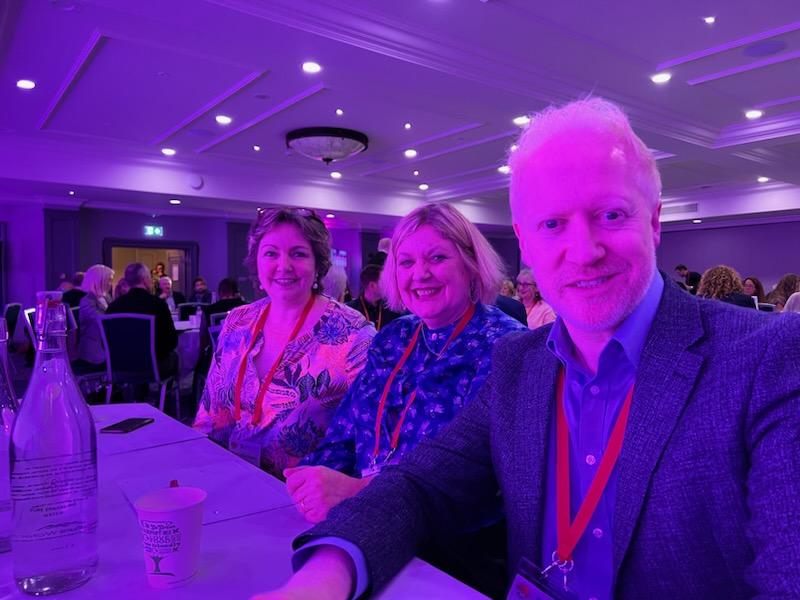One of the most interesting and rewarding things to do is to judge awards and her I have some tips on how to judge awards.
e
Earlier this year I was invited to be a judge for a speaking award. On previous years I had been a judge for preliminary, regional rounds of the competition but this year had the elevated position to be a judge with 2 other distinguished judges. Before the semi finals and finals started we discussed how we could independently judge the contestants and then compare notes, taking into account our own biases. In addition we discussed the criteria for the competition; there were different criteria to be marked on including stagecraft, construction of the speech, relevance to their target audience with different weights. Not only were we made aware of this marking but also we hoped that the contestants were also taking this into account.
It is the responsibility of the contestants to be fully aware of the criteria; how everything is weighted as well as the content. I would say that for this particular competition, one of the most important criteria was the target audience. A couple of the contestants said vague targets like “Managers” and “Women in Leadership”. We wanted to know that you were speaking to YOUR target audience. The person who won was very clear; used the language and stagecraft appropriate for his audience. This isn’t Britain’s Got Talent!
After each speaker, we independently marked them. At the end of each round we discussed our initial thoughts, then compared our individual scoring. We wanted to ensure our decisions weren’t impacted by our ‘Gut’ feelings, but that we forced ourselves into taking our time to make the right decisions.
You have to accept that some people won’t like the result
- A contestant yelling across the room “Yay, judge lady I want a word with you” – her speech was about empowering female leadership….
- Another contestant asking for feedback in front of a third party, only when I said we don’t give feedback the third party said “she was very upset” and “I should have talked to her”…
- A board member of the PSA saying I had made the wrong decision because I was an introvert and wouldn’t appreciate more dynamic performances. Not only were there 3 judges, but with my background, experience and expertise it was a ridiculous comment
- A finalist who contacted the organiser 4 weeks afterwards to complain that he’d been told he was disqualified but he didn’t go over time so why had this happened. He had gone over time; the timings were verified by 3 independent people but this didn’t affect the overall result because he wasn’t in the running for it.
These were some of the odd responses to our judging. Yes, they weren’t acceptable and this has to be managed in future, otherwise the organisation will struggle to get good quality judges in future. But it does highlight something….
You have to accept that there will be individuals who will behave badly!
Unfortunately you have to grow a thick skin. You won’t be the most popular person in the room but rather like the actual competition, this isn’t a popularity activity. I would recommend you don’t discuss the results with people outside the senior leadership team of the organisation and the other judges. As I’ve mentioned before, we made it clear that we wouldn’t provide feedback. One of the reasons being that emotions are high after a speaking competition and not everyone accepts feedback in a positive way. There have been instances in the past where judges have been abused and criticised publicly as a result of feedback.


 5 Tips on making an impact in all conversations
5 Tips on making an impact in all conversations